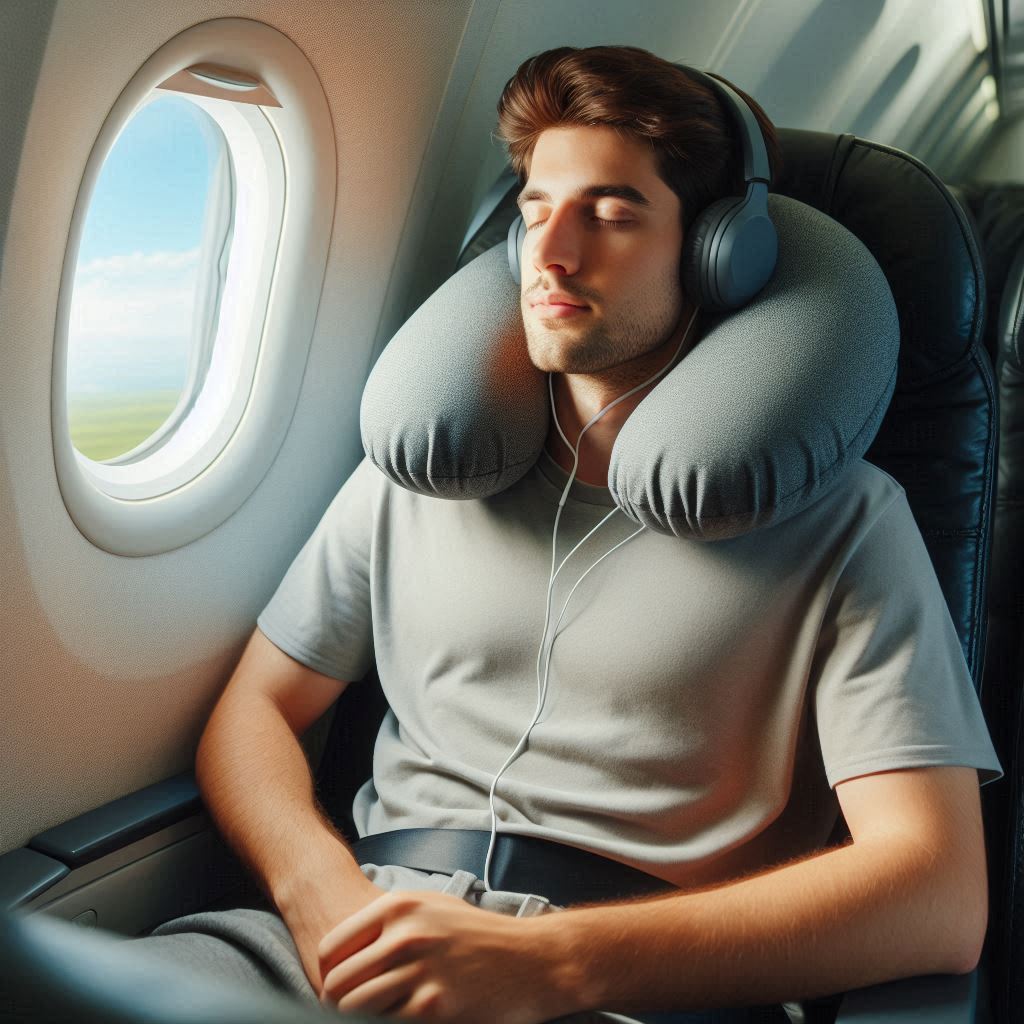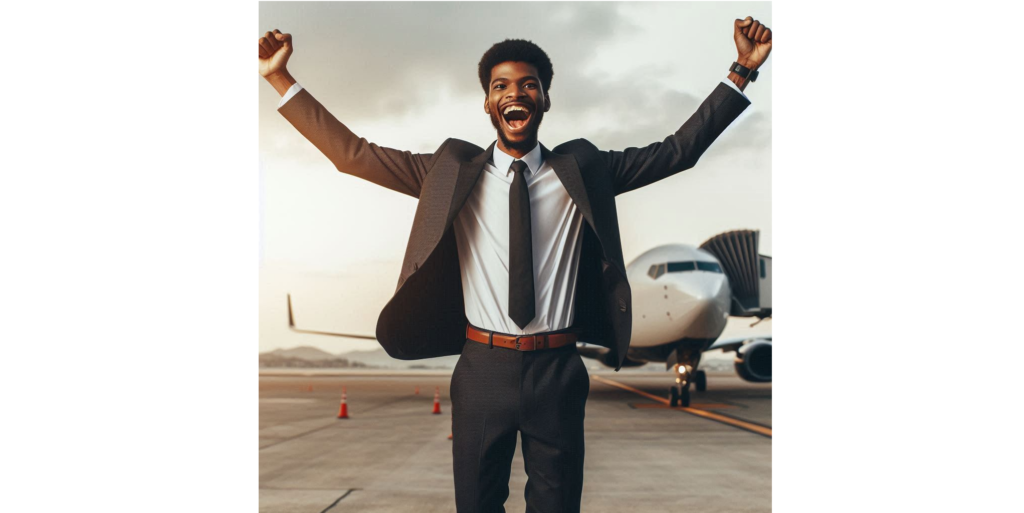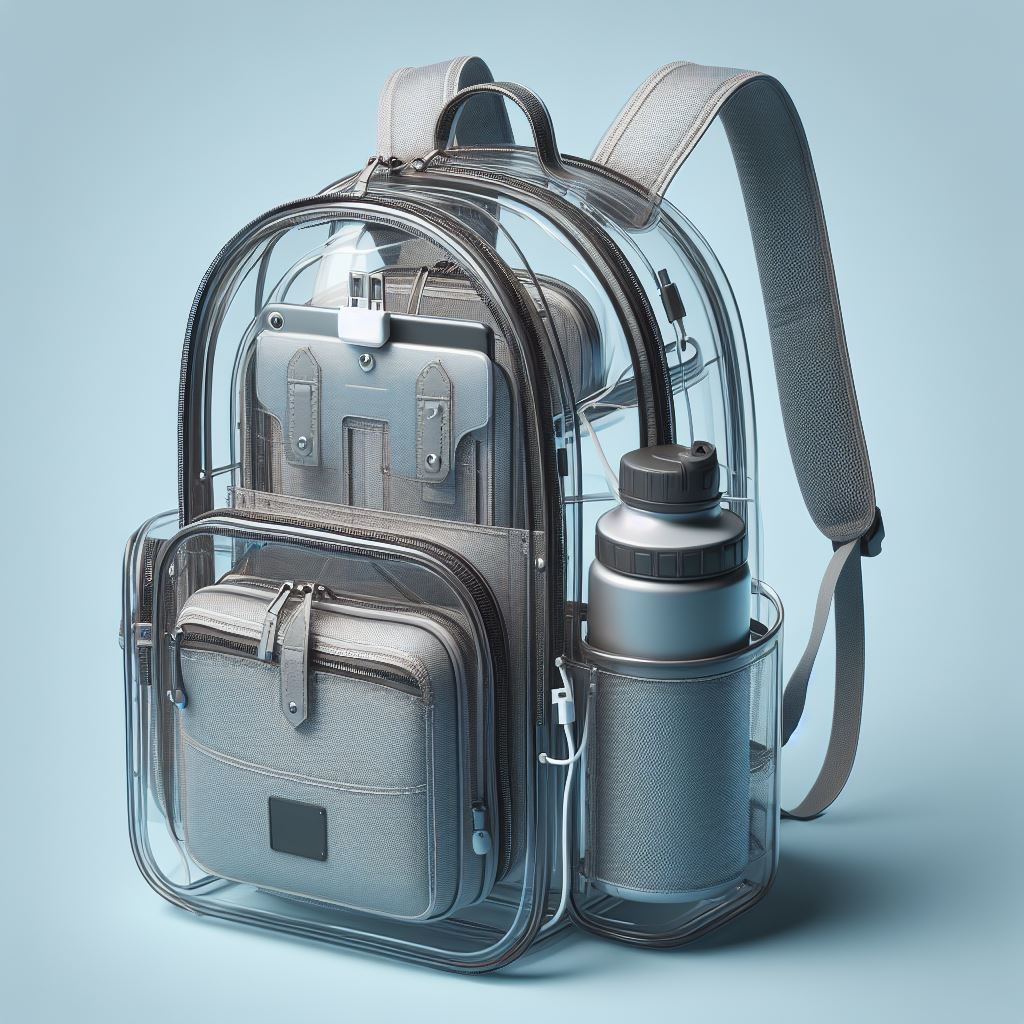
Travel often brings an unwanted guest along – fatigue.
It might be caused by jet lag, or it might simply be a side-effect of a long journey. Either way, fatigue after travel can make it difficult to enjoy a trip as much as you should and as much as you deserve. It can also make it difficult to get back into your daily routine once you return home.
Understanding how to mitigate this exhaustion can be crucial for enjoying a trip and bouncing back to your regular routine. Here’s a comprehensive guide on how to reduce fatigue after travel and restore your energy.
1. Prioritize Sleep
a. Pre-Travel Sleep Prep: Before embarking on your journey, ensure you are as rested as you can possibly be. This means having a regular sleep schedule for at least a week leading up to your departure. You should also try to fully pack a day or two in advance so you can rest adequately the day before the trip.
b. In-Transit Sleep: If your journey involves long flights or overnight travel, try to get some sleep during transit. Even if you struggle to actually fall asleep in these situations, you will still benefit from shutting your eyes and relaxing. Avoid caffeine and alcohol, as they can disrupt your sleep cycle. Do not be scared of sleeping through in-flight meals if they do not fit your sleep schedule.
c. Post-Travel Recovery: Upon arriving at your destination, aim to adjust to the local time zone as quickly as possible. Expect to be quite tired on arrival. Do not plan anything requiring too much energy right away. Instead, take the first day to just relax and soak in the atmosphere. Try to go to bed at a normal local time to help your body adjust.
2. Stay Hydrated
Dehydration is a common unknown cause of fatigue, especially during air travel where the cabin air is dry. Drink plenty of water before, during, and after your journey. Avoid excessive consumption of alcohol and caffeine, as they can dehydrate you further.
a. Hydration Tips:
- Carry a refillable water bottle.
- Drink a glass of water for every hour of flight.
- Consume water-rich foods like fruits and vegetables.

3. Maintain a Healthy Diet
Many of us turn to junk food whilst we are travelling and I am certainly guilty of rationalizing that “airport calories don’t count” every now and then. Unfortunately, the truth is that airport calories count more.
Given you are likely to be tired and sluggish from travel anyway, heavy, fatty foods will amplify these feelings. In contrast, light ,nutrient-dense foods are extra valuable at these moments because they will help to reduce the feelings of fatigue.
a. Travel-Friendly Snacks: Pack healthy snacks such as nuts, seeds, dried fruits, and whole-grain crackers. These are easy to carry and provide sustained energy.
b. Balanced Meals: Once you’ve arrived, try to eat balanced meals that include a good mix of protein, complex carbohydrates, and healthy fats. This combination helps stabilize blood sugar levels and maintain energy.
4. Move Your Body
The usual rule that exercise leaves you stiff and tired is reversed when you are travelling. Instead, getting up and moving about whenever you have the opportunity will help your circulation, which will reduce stiffness and make you feel more relaxed when you arrive at your destination.
a. In-Transit Exercises: During long flights or drives, take breaks to stretch and walk around. Simple exercises like shoulder rolls, leg lifts, and seated twists can improve circulation and reduce stiffness.
b. Post-Travel Workouts: After arriving at your destination, it is a very good idea to engage in light physical activities such as walking, yoga, or a gentle workout. Just because the journey is over, doesn’t mean you can’t take more steps to reduce the fatigue after travel. These types of activities help to alleviate stiffness, boost circulation, and reduce fatigue.

5. Manage Jet Lag
Jet lag can significantly contribute to post-travel fatigue. It occurs when your body’s internal clock is out of sync with the local time zone.
a. Gradual Adjustment: If possible, start adjusting your sleep schedule a few days before your trip. Move your bedtime an hour earlier or later each day to align more closely with your destination’s time zone.
b. Light Exposure: Exposure to natural light can help reset your internal clock. Spend time outside during daylight hours at your destination. In the evening, avoid bright screens and opt for dim lighting to signal to your body that it’s time to wind down.
c. Melatonin Supplements: If you are traveling to a completely different time zone, consider using melatonin supplements to help regulate your sleep cycle. Melatonin is a hormone that your body naturally produces to signal that it’s time to sleep. Taking a supplement can be particularly useful when adjusting to an earlier time zone. It is available over the counter in the USA, but in some countries, such as the UK, there are stricter regulations.
6. Practice Relaxation Techniques
Stress and anxiety from traveling can exacerbate fatigue. Incorporating relaxation techniques can help calm your mind and body, promoting better rest and recovery.
a. Deep Breathing: Practice deep breathing exercises to reduce stress and promote relaxation. Inhale deeply through your nose, hold for a few seconds, and then exhale slowly through your mouth.
b. Meditation: Spend a few minutes meditating every now and then during your journey to clear your mind and reduce stress. Apps like Headspace or Calm can guide you through simple meditation exercises.
c. Progressive Muscle Relaxation: This technique involves tensing and then slowly relaxing each muscle group in your body. It can help alleviate physical tension and promote relaxation.

7. Stay Organized
Disorganization and clutter can contribute to stress and fatigue. Keeping your travel plans and post-travel tasks organized can help you feel more in control and less overwhelmed.
a. Pre-Travel Planning: Organize your travel itinerary, accommodations, and important documents in advance. Use travel apps or a dedicated travel folder to keep everything in one place.
b. Post-Travel Tasks: Make a list of tasks to tackle upon your return, such as unpacking, laundry, and catching up on emails. Prioritize these tasks and tackle them one at a time to avoid feeling overwhelmed.

8. Use Helpful Gadgets
For me, noise cancelling earphones are a godsend on a long journey, especially on an airplane. The noise alone (typically about 80 decibels through the duration of the flight) is enough to leave me fatigued. I automatically feel much more relaxed on arrival if I have had noise cancelling headphones in.
A neck pillow can also make a huge difference in how you feel when you arrive, particularly reducing stiffness in the neck. An eye-mask is also a worthwhile investment.
Conclusion
The best way to think about how to reduce fatigue after travel is to embrace lots of marginal gains. Every one of these tips will help you to feel a little bit less fatigued and stressed.
On their own, each of these tips will only make a small difference to your overall experience. However, if you embrace all of them, or at least as many of them as you can, the combination of these marginal gains will add up to completely radicalize your travel experience.
By incorporating these tips into your routine, you can ensure that your post-travel recovery is as smooth and refreshing as possible. Happy travels and even happier returns!
